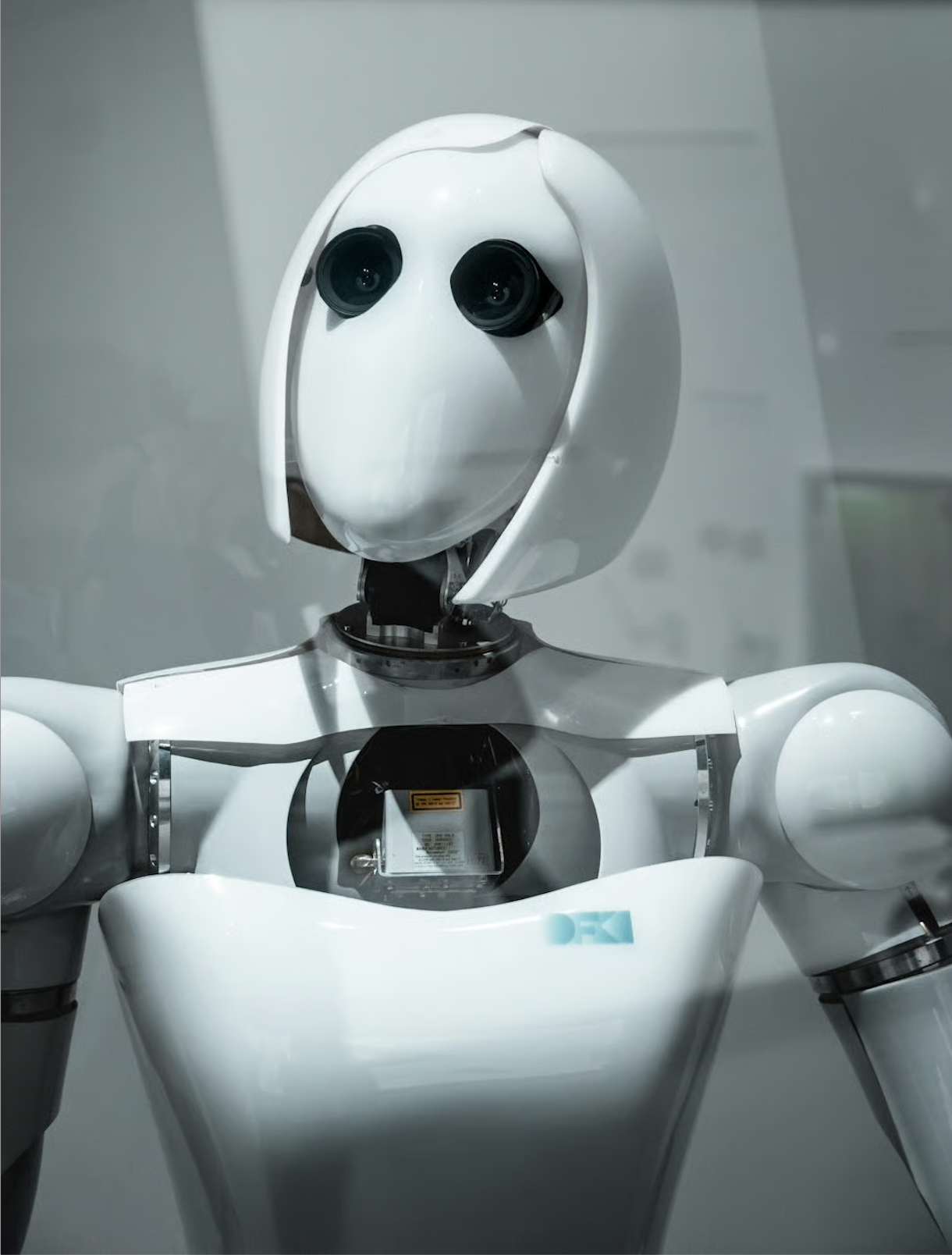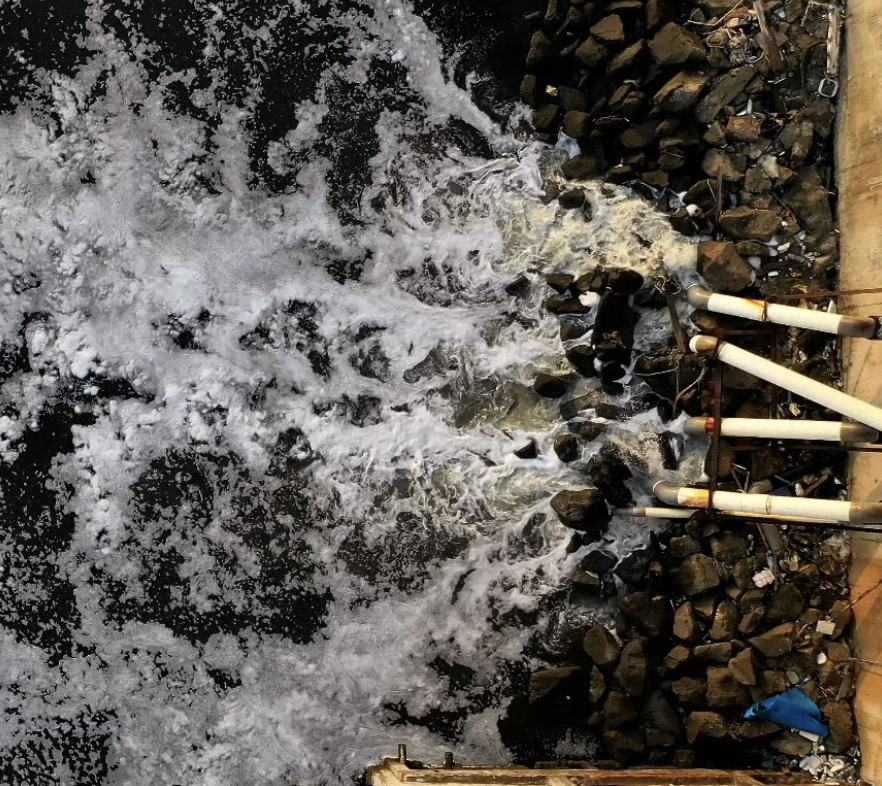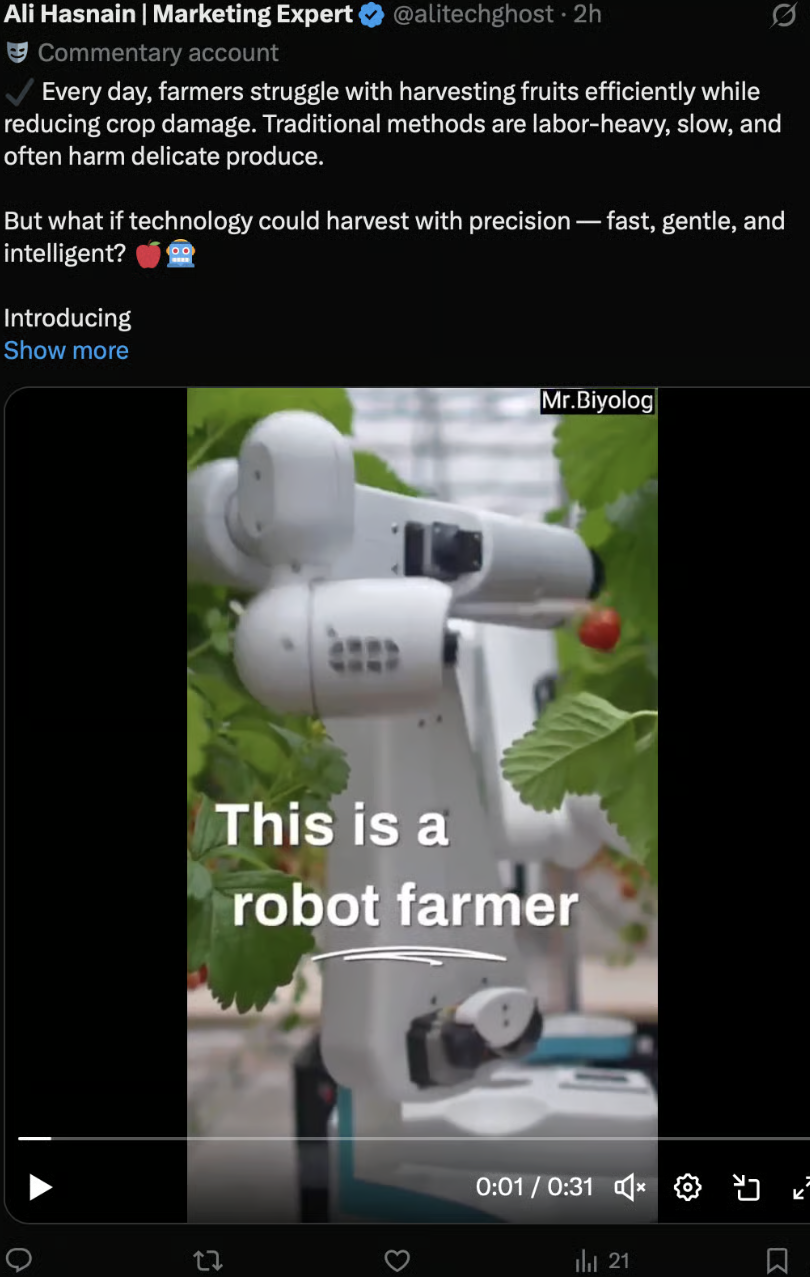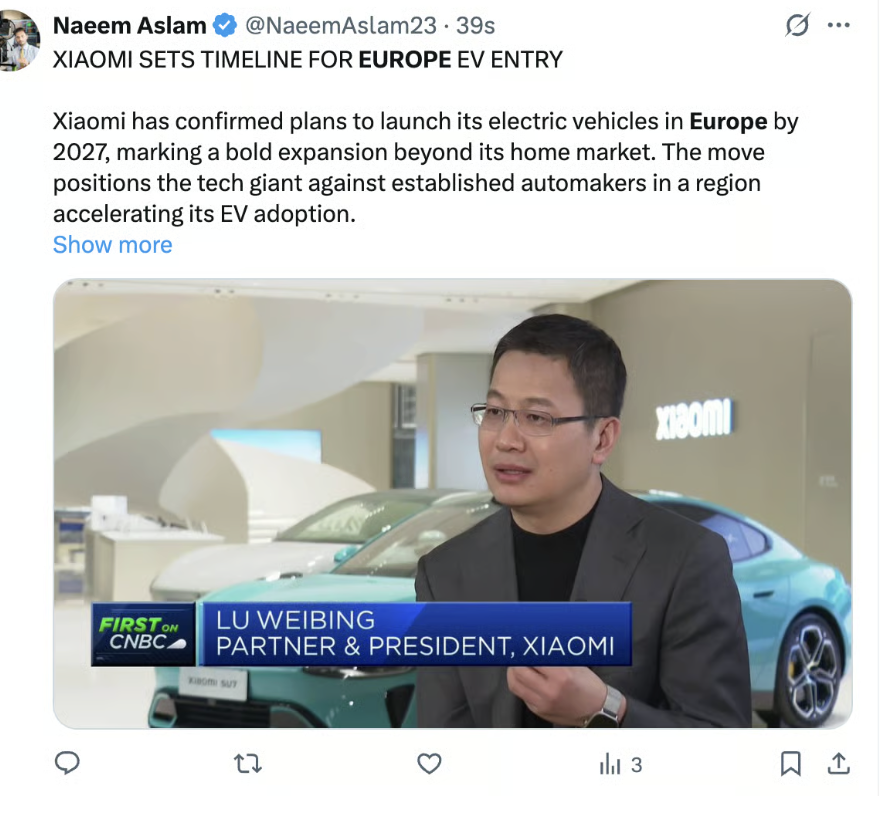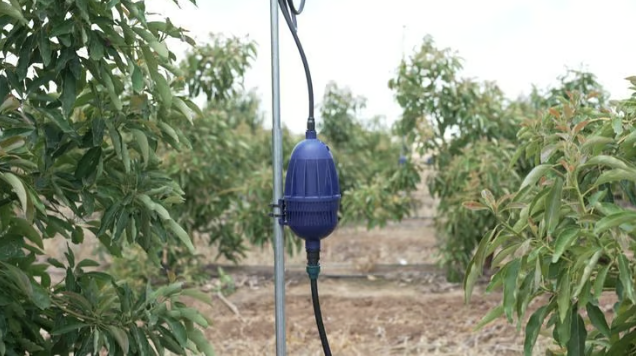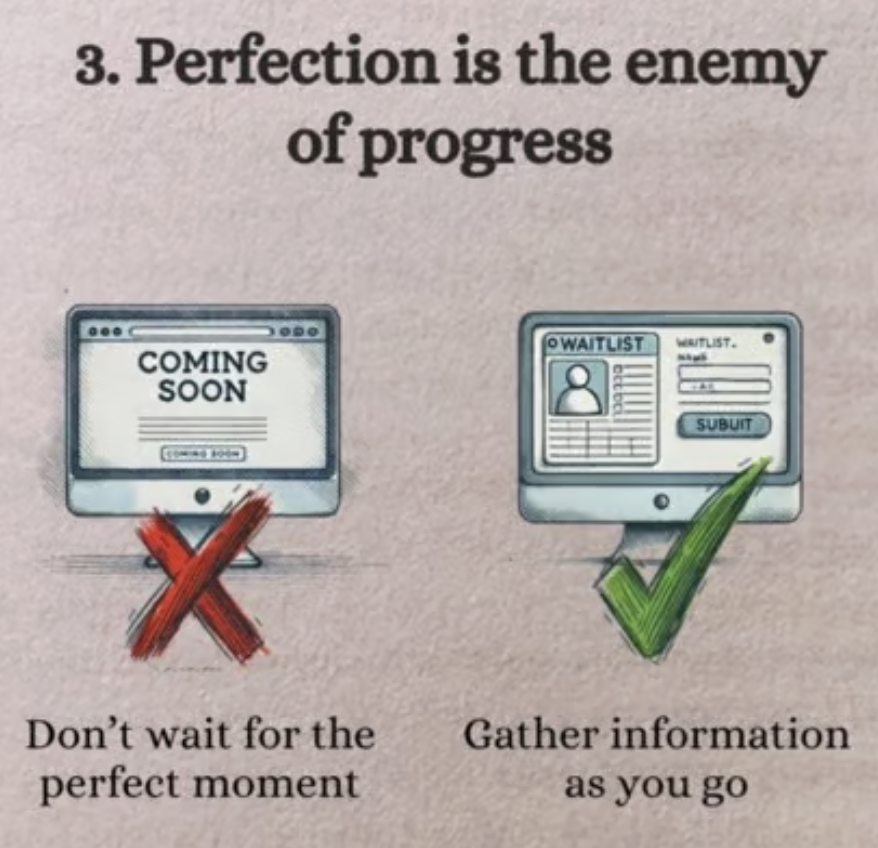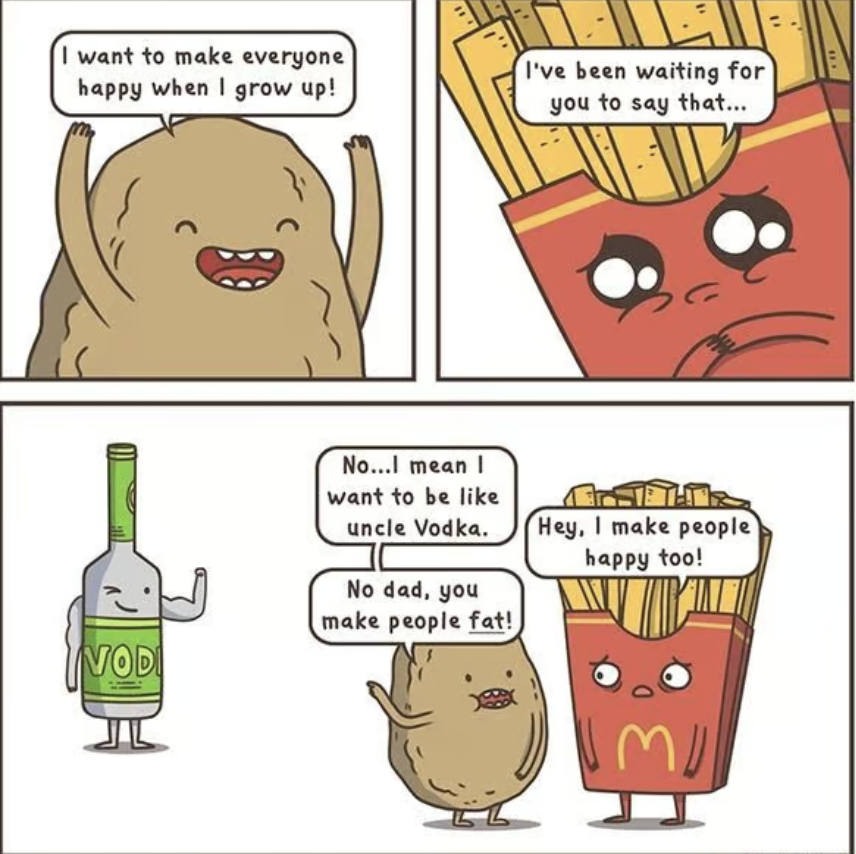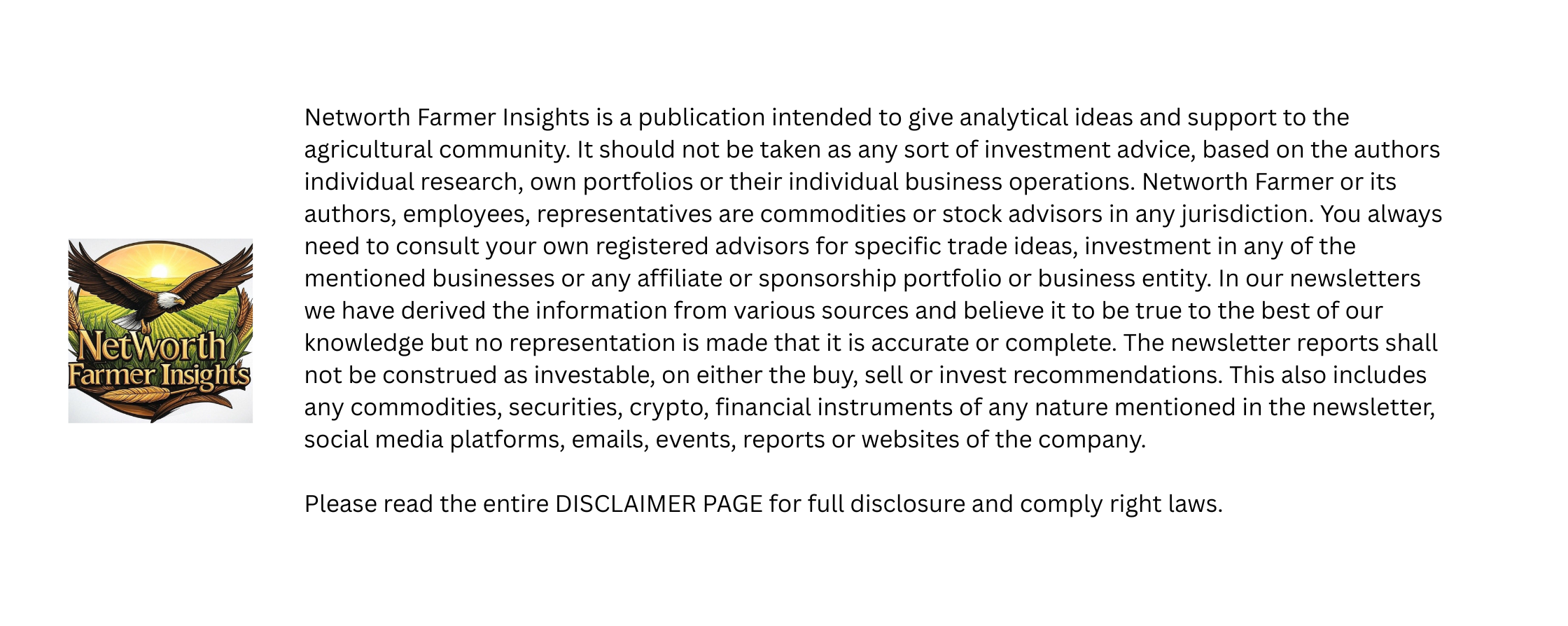The Pilgrimage
“Everybody wants the platform, but nobody wants the process.”
🚜 New in AgTech
Leading the AI Transition in European AgTech
There's definitely a lot of excitement about Artificial Intelligence (AI) in agriculture these days. AI has the potential to really change the game when it comes to how food systems work in Europe and even further afield. For a lot of farmers and agribusiness leaders, this shift seems more like a tricky, risky jump into something uncertain rather than a chance to grow. The unpredictability of agriculture and its tight profit margins often leads to a healthy dose of scepticism when it comes to embracing new technologies. As AI shifts from just a buzzword to something essential, European AgTech leaders need to approach this change carefully—staying curious, adaptable, and focused on their goals.
AI as a Strategic Shift
First off, it's important to change how we see AI. AI isn't just some extra software or a simple tool you can plug in and use right away. It brings about a significant transformation in decision-making, operations, and value creation within the agriculture sector. The European Commission’s strategic frameworks highlight how AI can really help with sustainable agriculture, boost resource efficiency, and achieve environmental goals. However, they also point out that success isn’t just about the technology; it relies on good governance, trust, and the right skills too.
Leadership in AgTech really needs to focus on the bigger picture. Using AI isn’t just about checking off a tech requirement—it’s really about changing how businesses operate, how teams work together, and what roles people play. Leaders must understand that making this transition requires a clear vision and strong strategic intent. What issues is AI helping you tackle on your farm or in your business? How's it going to fit in with our sustainability and economic goals? Who in your team is going to tap into AI insights to make smarter decisions? Leaders can steer clear of the pitfall of change just for the sake of it by grounding AI adoption in a solid strategic context.
Photo by Maximalfocus on Unsplash
Upskilling and Culture
Recent studies from the European Parliament point out that the shift towards digital and AI is mainly a challenge for leaders. They stress the importance of enhancing digital literacy and AI skills within teams. For farmers and AgTech firms, this cultural shift is all about encouraging curiosity and a growth mindset beyond IT teams. We should promote the same mindset among agronomists, farm managers, and operational staff. Upskilling is a must. To keep up in an AI-driven future, you must learn what AI can and can't do. This process is all about helping every employee feel comfortable interpreting AI-driven insights and using them in their everyday decisions. Leaders really need to take the lead on this upskilling journey, showing how to be adaptable and open-minded. At the end of the day, AI isn't going to take the place of farmers or agronomists. However, those who effectively utilise AI tools will undoubtedly outperform those who do not.
Responsible Adoption is Key
While the potential benefits of AI are vast, responsible adoption must be a guiding principle. It's critical to build trust with farmers, workers, and communities. AgTech leaders really need to make sure that AI systems are clear, fair, and built with everyone in mind. The European Digital Strategy highlights the importance of having clear governance and ethical guidelines for AI implementations. Such clarity is crucial to prevent worsening inequalities or relying too much on proprietary technologies.
Agriculture always comes with its share of risks, and now with AI, we're seeing some fresh layers of uncertainty and change pop up. Leaders really need to take their time with AI initiatives, look at the results closely, and think carefully about how to expand them. Engaging teams early, gathering feedback, and aligning technology choices with core values help build confidence and reduce resistance.
Conclusion
The shift to AI in European agriculture isn't just about new technology. It takes vision, courage, and a real commitment to changing our culture in a way that gets people ready—not just machines—for what’s coming next. AgTech leaders really need to embrace curiosity and keep learning. It's all about making sure their teams pick up the skills to use AI in a meaningful way.
Just a reminder: AI isn't here to take over from humans. People who get the hang of AI will take over from those who don’t.
Making this transition in a responsible way is all about building trust, ensuring fairness, and having a clear plan as we move ahead. In reality, a successful AI implementation will combine the two goals: first, knowing how to run ambitious enough pilots to reap AI's full benefits; and second, being cognisant of the application context.
-
What is unusual about the following words:
revive, banana, grammar, voodoo, assess, potato, dresser, uneven?
Flipping Europe's Wastewater Into Farming Gold
In a world grappling with environmental degradation and global supply vulnerabilities, a Finnish startup named NP harvest emerges as a beacon of hope. The company is turning a problem into a powerful solution and rewriting the narrative of nutrient recovery from wastewater. For decades, nitrogen and phosphorus – the bread and butter of agriculture – have been going down the drain, slipping through the cracks into our wastewater systems, lost in the shuffle forever. This loss of nutrients puts the environment at risk by causing ecosystem harm and waterway eutrophication. The need to replace these essential commodities with imports from geopolitically unstable sources creates an economic tragedy. In Europe, fertiliser costs are skyrocketing, with projections warning of a potential doubling by 2028 amid new EU tariffs on Russian imports that jumped from 17% to 30% in 2024 alone, raking in some €1.75 billion. The stakes are colossal, and so is the opportunity that NP Harvest has grasped with cerebral innovation and unyielding passion.
The adventure began over ten years ago at Finland's famous Aalto University. NP Harvest initially started as a research project. But the project was not just an academic interest; it was a disruptive vision to turn wastewater from a dangerous waste product into a source of high-purity nutrients that are needed for the future of farming. NP Harvest’s invention is technically advanced yet stunningly simple. Their nutrient catcher uses a special process to adjust pH levels with acid and alkaline without needing heat, air, pressure, or extra chemicals. This makes it more cost-effective, easier to implement, and environmentally friendly than alternatives. It also blends seamlessly into current wastewater management systems. How? This process involves distilling ammonia salts from scattered nitrogen and extracting amorphous calcium phosphates from phosphorus using complex hydrophobic membrane stripping. Both of these byproducts are first-rate ingredients for fertiliser manufacturing.
Imagine those murky wastewater streams-inky black water gurgling from households, sloppy liquid digestate sloshing out of biogas plants, and farm-fresh manure meandering along like uninvited guests at a picnic-as a chaotic river rushing nutrients straight toward environmental doom. To prevent these nutrients from polluting groundwater and rivers, NP Harvest uses its catcher, which functions like a finely woven net, to selectively draw them and clean them before reintroducing them to the agricultural cycle.
The Finnish startup’s innovation recently stepped out of the lab and onto the global stage with the launch of its first industrial-scale demonstration unit in Ankara, Turkey. This ambitious pilot, in collaboration with the Ankara Water and Sewerage Administration, is designed to recover an impressive 93 tonnes of ammonium sulphate and 73 tonnes of phosphorus product annually. The full-scale potential is even more staggering, with projections of over 3,200 tonnes and 2,500 tonnes of these nutrients respectively. The advantages extend beyond the natural world. NPHarvest's solution is a strategic asset for municipalities like Ankara's ASKI that are struggling with nitrogen overload issues and limited freshwater resources. By reintroducing organomineral fertilisers into the nutrient cycle, it protects groundwater, lowers waste treatment expenses, and promotes sustainable agriculture.
From a commercial standpoint, NPHarvest's concept is a compelling example of the circular economy: provide clients with treatment equipment, then help them sell the recovered nutrients to fertiliser manufacturers or independently. This lowers operating costs and generates new revenue streams. Key investor Mika Kukkurainen from Nordic Foodtech VC highlights the technology's scalability, energy efficiency, and dependability, stating that it benefits all parties involved.
At the core of this invention, however, is something more profound – a philosophy that pushes us to reconsider garbage as a resource that is just waiting to be reclaimed rather than as a means to an end. The discovery of NP Harvest is nothing short of revolutionary at a time when the globe and Europe are at a crossroads due to insecure supply chains and growing climate challenges. By weaving wastewater into a rich, earthy tapestry of nutrients, NPHarvest doesn’t just recycle lifeless chemicals – it breathes new life into our faith, nurturing a future where agriculture dances in step with the environment’s natural rhythm. For environmentalists, AgTech enthusiasts, and policymakers alike, this Finnish startup unfurls a visionary green blueprint; a rooted, hands-in-the-soil stride toward a sustainable, secure, and hopeful tomorrow.
📢 Tweet of The Week
🌍 Field & Frontiers
EU-US Digital Regulations Dispute:The European Union and the United States are having trouble finishing a joint trade statement after agreeing on one in July. The main problem is the disagreement over digital rules, which is delaying the official announcement. The Financial Times spoke with EU officials who said that disagreements over the wording of "non-tariff barriers", which Washington sees as including the bloc's digital rules, are holding up the completion of the statement that was supposed to come out days after the July announcement by EU President Ursula von der Leyen and President Donald Trump. Tribune has the full story.
Dripping Summer Delights: Yesterday was National Soft Ice Cream Day, and luscious fantasies embrace a cone! Whether you’re savouring a vanilla twist or a fruity sorbet, enjoying ice cream on a hot day is all about that delightful melt-in-mouth experience. This article dives into the exciting world of soft serve innovations, showcasing everything from delicious plant-based treats to cutting-edge dispensers that are transforming the dessert experience. It explores how softserve machines are getting smarter with AI-driven flavour customisations and eco-friendly cooling systems. Twirl into delight with Number Analytics.
Do we need digital currencies for daily business?Digital currencies are revolutionising the way businesses function, providing rapid, borderless payments that significantly reduce transaction costs and delays. This holds immense significance in agriculture, as prompt payments can greatly enhance supply chain efficiency and elevate farmer livelihoods. By embracing cryptocurrencies, businesses can elevate financial transparency, diminish fraud, and cultivate trust among stakeholders. Moreover, digital currencies open up a world of financial services for individuals who have often been overlooked by traditional banks, which encourages inclusivity in rural communities. For AgTech companies in Europe, integrating digital currencies can significantly boost sustainability and traceability throughout the food production chain. Learn more about these benefits here.
Innovative Sprinkler Tech for Orchard Heatwave Protection: Orbia’s Netafim has unveiled Mega-PULSAR™, a groundbreaking pulsing sprinkler technology crafted to protect high-value subtropical orchards from escalating heatwaves. This innovative system generates a localised microclimate by providing consistent pulses of low-volume water, successfully reducing tree surface temperatures and enhancing humidity. Focussing on sensitive crops such as avocado, mango, and lychee, Mega-PULSAR™ provides growers with an affordable solution to tackle climate-induced heat stress during essential growth phases. The modular, widely spaced design brilliantly optimises water use while significantly reducing labour and maintenance, making it perfect for regions facing water scarcity. Early field installations in 2025 have shown remarkable results in enhancing orchard temperature control and humidity levels, highlighting Netafim’s dedication to sustainable, precision agriculture solutions. Read more on Igrownews.
The Mega-PULSAR™ by Orbia Netafim. Image provided by Orbia by Netafim.
Unsung Heroes: Yesterday was World Humanitarian Day. Let's take a moment to remember the bravery and sacrifice of humanitarian workers who put their lives on the line during times of crisis around the world. These workers, who are typically local responders from the communities they serve, are always in danger of violence, kidnappings, and extreme mental stress. Many of them have PTSD and are burnt out. Even while the demands are growing (over 305 million people will need help in 2025), funding for humanitarian initiatives is still very low, covering only a small part of what is needed to keep lifesaving operations going. On this day, the world issues a clear call to action: safeguard humanitarian workers, adhere to international law, and adequately compensate the lifelines that save millions. May this inspiring story from UN.org, about a Portuguese scientist turned humanitarian worker, serve as an ode to our unsung heroes.
Singrow to Expand with $4.5M Series A Funding:Singrow, a firm that works with plant genomics and precision agriculture, has raised $4.5 million in Series A funding to build its business in seedlings, vertical farming, and plant genetics beyond Asia. Singrow started out as a company that only operated in one market, but now it has a presence across Southeast Asia and China, with major facilities in Guangzhou and northern China that provide strawberries to the region. The company focusses on strawberry varieties that can withstand extreme weather and thrive in hot conditions, allowing them to produce strawberries year-round in regions that were previously too hot. The company is getting ready for a Series B investment round that should end in late 2025. ThThere is more information available on Deal Street Asia.
Duolingo Chief Sets The Record Straight: Luis von Ahn, CEO of Duolingo, has taken steps to clarify the matter after his company received significant criticism for its "AI-first" policy statement. He has admitted that the first message lacked the necessary context, which contributed to the extensive response. The transition to AI was never meant to supplant human labour through widespread layoffs, von Ahn stressed in interviews with media outlets, such as The New York Times. In April, von Ahn made headlines when he announced Duolingo's transformation into an "AI-first" organisation in a company-wide LinkedIn message. Both users and observers interpreted the statement as a sign of impending layoffs, leading to negative reactions. If you are keen to learn more about how this situation unfolded, visit Proactive Investors UK.
Celebrating potatoes: Among the many world days yesterday was National Potato Day, and it would be tone-deaf to end this section without a worthy mention of one of our staples. Exciting advancements in genomics, precision farming, and AI are transforming potato breeding, cultivation, and supply chain strategies. Whether you're curious about disease-resistant tubers or smart irrigation systems, this work presents an exhilarating and uplifting vision of how science is transforming spuds into extraordinary super-spuds. Science Direct did a deep dive on technologies and strategies to optimise the potato value chain that is worth your read.
-
Take the first letter of each word and place it at the end. It will spell the same word backwards.

